Tower Hamlets leads in London for alcohol deaths, with men still dying twice as much as women, new data from the Office for National Statistics (ONS) shows.
Tower Hamlets had the highest rate of alcohol-related deaths in London between 2020 and 2022, with 16.7 deaths per 100,000, followed by Islington at 15.5 and Hillingdon at 14.1 per 100,000.
Mental health issues, the pandemic, social stigma, gender stereotypes, low awareness, and high-functioning alcoholism are some of the major factors that could explain these figures.
Alcohol is everywhere, from pubs and restaurants to parks or displayed at supermarket entrances but what are the long-term effects?
The legality and accessibility of alcohol make understanding its full impact challenging and many may not recognise the signs of chronic alcohol use until significant harm has already been done.
Sundeep Thandi, Services Manager at RESET Treatment and Recovery Support Service Tower Hamlets said: “It’s a borough with a makeup of, I think, 40% Bengali and Somali population, and it’s quite a deprived borough.
“However, a lot is being invested into it, a lot of projects, initiatives, and other organisations delivering other aspects of recovery support and by the local council, so it is an issue that’s really being recognised.”
Additional funding through the government’s Substance Misuse Treatment and Recovery Grant has had a positive impact on the services.
However, Thandi expressed concern about the expiration of the funding in March 2025, which will likely impact staff who’ll need to seek other financially stable opportunities if their contracts aren’t renewed.
Thandi added: “For the Bengali and the Somali community, there is that stigma around access and treatment.
“There is that stigma within the community that we work with at the moment around mental health in particular and a reluctance to reach out for support.”
According to Thandi, the issues in Tower Hamlets could partly be explained by the pandemic disrupting implementation plans in 2020 and RESET’s ability to effectively communicate their recovery support services to the community, with many being isolated from access to services.
She added: “An outcome of the pandemic has been an increase in people with problematic drinking.
“What we’ve seen lately in Tower Hamlets is an increase in individuals accessing treatment, which is fantastic but the trend is that they’re getting referred to us really late in terms of their physical health.
“By the time they get to us, it doesn’t even turn into being able to treat.”
RESET collaborates with GP surgeries to work on alcohol issues, helping GPs quickly refer patients to specialists for early intervention and preventative care.
They have restructured locally, creating new roles and targeting support for the Bengali and Somali communities, including educational programs for families on aiding individuals with alcohol-related issues.
RESET has recruited a Somali statistical worker to have a better representation of the community and aim to increase awareness and treatment access, improve communication and accessibility.
With 16.7 deaths per 100,000, Tower Hamlets significantly surpasses not only the London average of 11 but also the UK average of 15.1 per 100,000 for the years 2020 to 2022, highlighting the severity of the issue within the borough.
Not only does social stigma exacerbate the issue of rising deaths, but gender stereotypes may also contribute to the continued disparity in alcohol-related deaths between genders.
The number of male deaths has remained about twice as high as the number of female deaths in the UK for the year 2022, with 22.3 male deaths and 11.1 female deaths per 100,000 people.
The latest figures show that the numbers have kept increasing to an all-time UK high of more than 10,000 deaths with male alcohol-related deaths remaining well ahead of female deaths with 6,571 male deaths compared to 3,477 female deaths recorded in the UK for 2022.
Dan Somers, CEO and founder of MANUP?, a men’s mental health charity said: “Men are losing their sense of purpose, basically boredom and drink is one of the things which is so wildly accepted.
“But if you have to ask the question, am I drinking too much, you already know the answer.”
He emphasised the need for more focus to be placed on high-functioning drinkers and the impact of supermarkets prominently displaying discounted alcohol at their entrances.
Male and female alcohol deaths in the UK increased significantly between 2019 and 2022, a trend exacerbated by the pandemic.
While male deaths remain about double the rate of female deaths, male deaths rose by 30.9% and female deaths had a 36.6% increase, highlighting a sharp rise in female fatalities and the overall escalation of alcohol deaths.

Dr Richard Piper, Chief Executive of Alcohol Change UK said: “Tragically, there were 10,048 deaths from alcohol in 2022 in the UK which is the highest number on record.
“Our government has the responsibility and the power to put preventative measures in place, including proper regulation of alcohol marketing, clearer alcohol labelling, and a minimum price for a unit of alcohol.”
If you or someone close to you is facing challenges with alcohol, explore resources like the Get help now page on the Alcohol Change UK website or reach out to other support options mentioned on the NHS alcohol support web page.
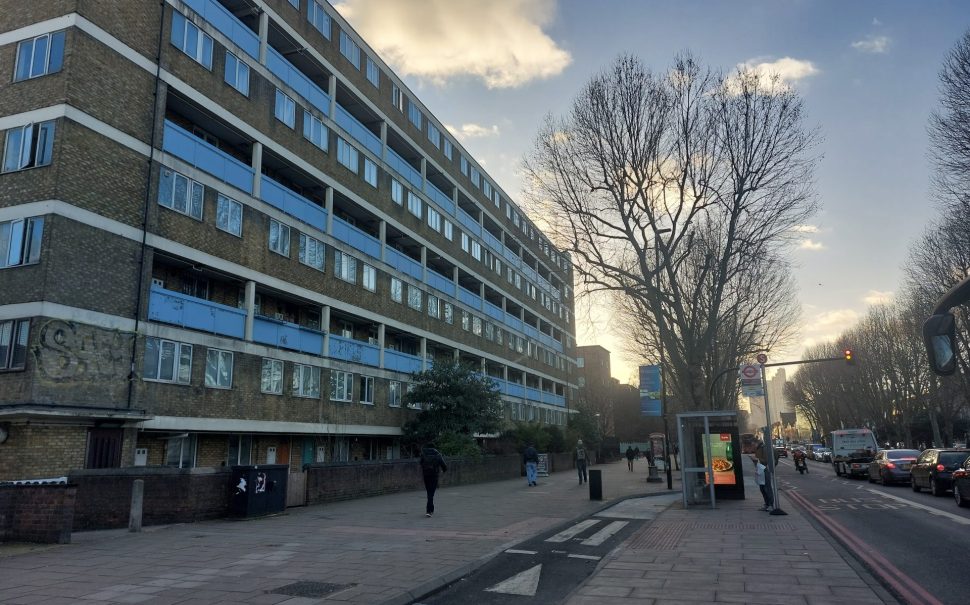
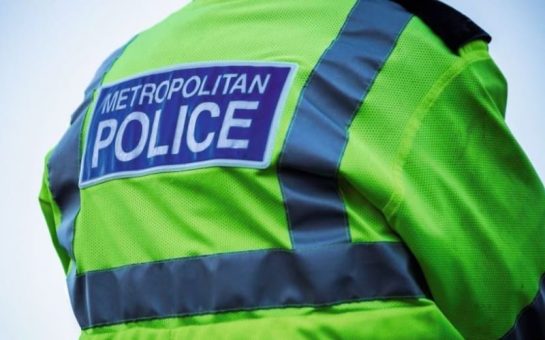
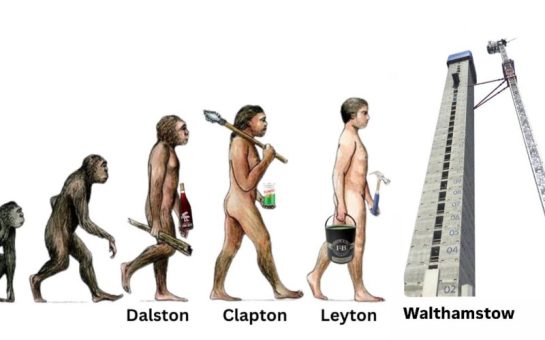
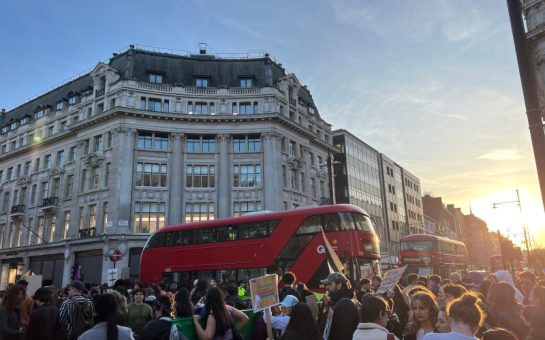
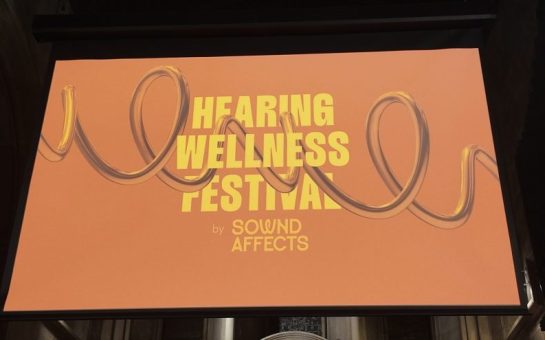
Join the discussion